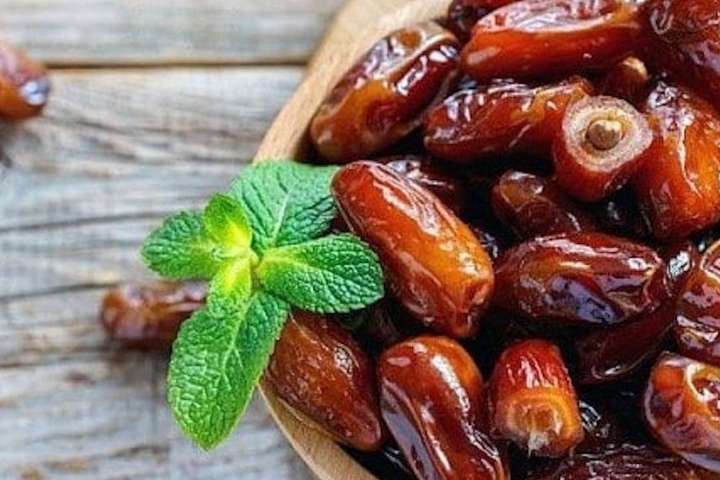According to EastFruit analysts, Egypt is gearing up to boost exports of dates and to take the crown of the largest global exporter away from the current leader Israel.
In 2021 Egypt wasn’t even among the top 10 largest exporters of dates in the world but in 2022 it has advanced to the 8th position in global ranking. However, Egypt is still exporting only a very small amount compared to the volumes produced in the country as it is by far the largest global producer of the dates.
The main reason why Egypt was not exporting more until recently was the fragmentation of the industry, focus on production of local varieties, which are largely unknown on the international market and a low share of dry dates in the total production. Fragmentation of the industry makes it difficult and costly to consolidate a large enough volume of dates with uniformed quality.
However, situation started changing around 5-7 years ago. Several large projects were initiated predominantly focusing on production of the Medjool dates variety and several other internationally recognized varieties. The planting material for these large-scale plantations of dates is imported mostly from Saudi Arabia. The process of area expansion has been accelerating each year.
This has raised concern among the local industry leaders, who would like to preserve and promote local Egyptian varieties of dates. Moreover, large palm projects in Egypt are now facing an unexpected problem – a severe shortage of specialized labor. It is a very difficult job, and it requires a lot of training and knowledge, especially taking care of the new modern varieties of palm dates. Moreover, growing dates for the local market and growing dates for exports might require different approaches.
Read also: Dates top the ranking of Moroccan fruit and veg imports
There is special presidential initiative in place that should result in the cultivation of 12.5 million date palms spread on 192,000 acres, after five years. Industry experts interviewed by EastFruit suggested that this these figures might be exceeded as there is a great enthusiasm among investors now to develop this industry. However, they need to step up training programs to involve young people into these jobs as shortage of labor could impact the returns of this business.
Since it takes 4-8 years for the date palms to bear first fruits and around 7 years to commercial harvest, it means that the first large-scale projects are just beginning to bear fruits. However, it has already helped Egypt quickly advance in the ranking of date exporters. In the longer term, when commercial volume is going to start being harvested, this increase in the export volumes could become accelerate much faster.
The main question remains whether the world market is ready to consume these additional volumes of dates and whether Egyptian exports would market them in a way that would prevent the major price decline. Egypt is already exporting dates in a low-price segment and flooding the market with a much higher volume might cause price decline in all market segments, posing threats to growers and exporters from Israel, Saudi Arabia, UAE, Tunisia, Algeria, Iran and the USA.
The use of the site materials is free if there is a direct and open for search engines hyperlink to a specific publication of the East-Fruit.com website.




